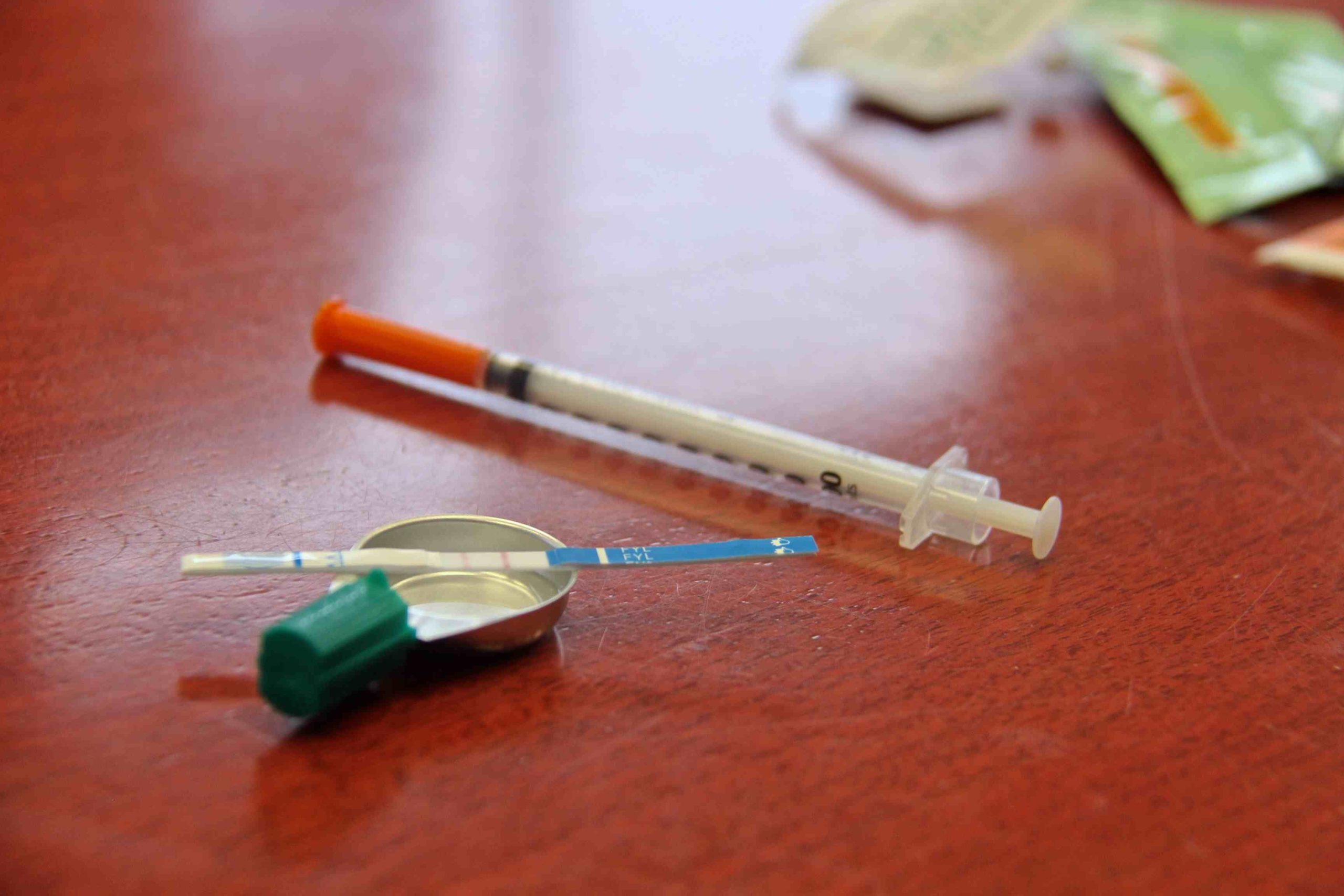Kratom: Summary of State Laws
Kratom is an herb derived from a leafy Southeast Asian tree and contains two psychoactive compounds that can bind to opioid receptors in the brain and produce a pharmacological response similar to effects produced by other opioid agonists, such as morphine. As of January 2026, 30 states and the District of Columbia regulate kratom. This document: (1) provides a singular resource for each jurisdiction’s laws; (2) allows for a comparison of these laws between jurisdictions; and (3) identifies and highlights interesting provisions....












